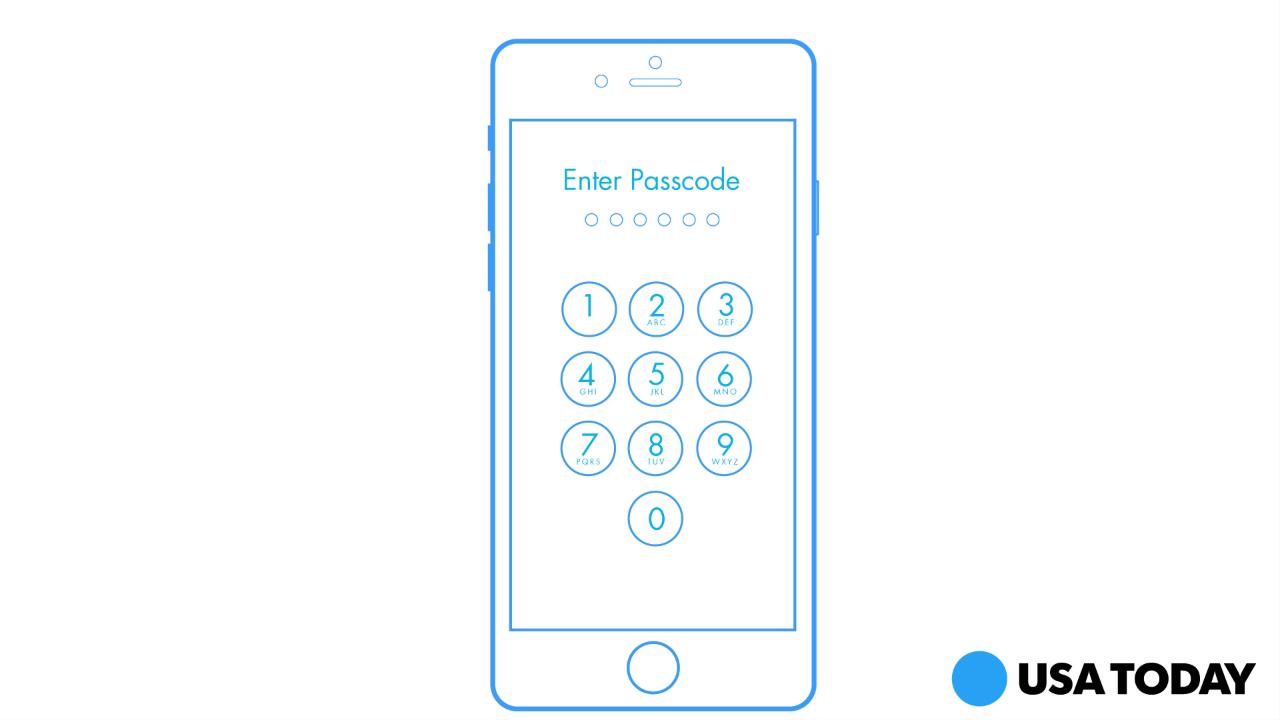AG Lynch defends demand for Apple assistance

WASHINGTON — Attorney General Loretta Lynch defended the government's demand that Apple assist the FBI in its attempt to unlock the phone of one of the San Bernardino terrorists, telling a House panel Wednesday that the pending legal battle has clarified how encryption represents "a very real threat to law enforcement's mission.''
Lynch, in her first public remarks on the matter since a federal magistrate last week ordered the technology giant to cooperate with authorities, did not mention Apple by name but indicated that judges have authority to direct "third parties'' to assist the the government in a search for evidence in criminal investigations.
Federal authorities have been attempting to determine whether a cellphone used by Syed Farook, one of the shooters in December's San Bernardino mass shooting that left 14 dead, contains additional information that could clarify the motive for the attack and resolve questions about whether Farook and his wife, Tashfeen Malik, were aided by others unknown to authorities. Investigators have been unable to gain access to the contents of the phone since its recovery more than two months ago.
"It’s a long-standing principle in our justice system that if an independent judge finds reason to believe that a certain item contains evidence of a crime, then that judge can authorize the government to conduct a limited search for that evidence,'' the attorney general said. "And if the government needs the assistance of third parties to ensure that search is actually conducted, judges all over the country and on the Supreme Court have said that those parties must assist if it is reasonably within their power to do so.
"That’s all we’re asking,'' Lynch said. "And we owe it to the victims and the public whose safety we must protect to ensure we have done everything under the law to fully investigate terrorist attacks on American soil.''
Apple is challenging the judge's order, asserting that the FBI request would constitute an unprecedented breach of customer privacy and provide the government potential access to the phones of millions of users. The company is expected to file its formal challenge in a California federal court by Friday.
Government officials, however, argue that their request would apply only to the phone used by Farook and would not provide so-called "back-door'' access to other Apple customers.
The legal battle has opened a new chapter in the long-simmering debate between personal privacy advocates and national security authorities who claim that encryption has hampered their ability to track suspected terrorists and stop potential plots against the homeland.
"As we have seen recently,'' Lynch told House Appropriations Committee members, "this is not a theoretical issue.''
Earlier this week, a survey by the non-partisan Pew Research Center found that 51% of Americans say Apple should assist the FBI in its efforts to unlock the phone, while 38% said the company shouldn't provide the assistance to ensure the security of its other users' information. Another 11% said they didn't know what should be done. The Pew survey was conducted between Feb. 18 and 21.